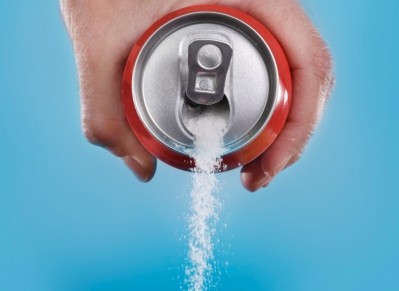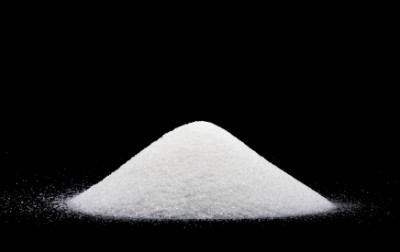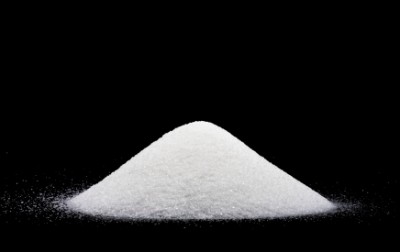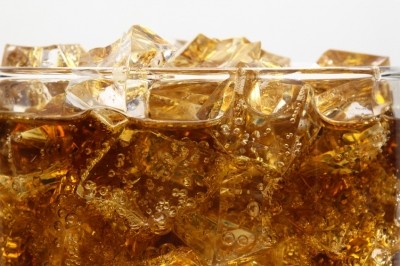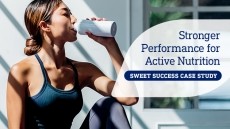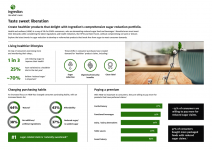Stevia, sucralose and aspartame: Which has the sweetest reputation?
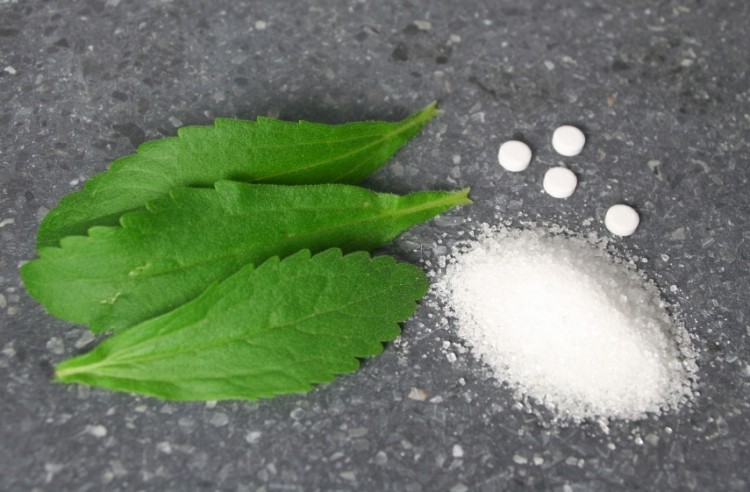
According to the research, which analysed around 30,000 online articles, blog posts and forum discussions as well as social media activity between January and July this year, out of the three sweeteners, 58% of mentions were about stevia, while 28% were about aspartame and 14% about sucralose.
"This indicates that consumers have a greater interest in stevia than the other two sweeteners," the market research firm wrote in a company blog post.
Against this backdrop the report suggests that aspartame is losing dominance to stevia, sucralose, erythritol and acesulfame potassium in soft drink formulations.
Aspartame drops behind
Canadean said that aspartame is forecast to face negative growth rates between 0 to -2% over the next five years with its main market being powdered soft drinks in Asia, Latin America and Africa. In contrast sucralose consumption through soft drinks is forecast to grow annually by 2 to 7% across most soft drinks categories. Stevia is set to see the greatest growth of 12%.
This month EFSA reaffirmed aspartame's safety, but Karin Nielsen, director of Canadean's ingredients division, told FoodNavigator that this would not necessarily alter these forecasts of negative growth.
"EFSA safety or safety reviews are obviously needed. They are also very strong arguments for the ingredient suppliers to bring to FMCG [Fast Moving Consumer Goods], who need to consider this first of all, then consumer beliefs and sentiments," she said. "But at the end of the day you can't sell science or safety certifications to the consumers, so EFSA approval is a filter but not necessarily a guarantee for commercial success."
Nielsen said that in terms of sucralose, the brand Splenda is well established, and recognised positively among consumers but sucralose itself is not. "Anything that is unknown as a food ingredient may be facing a negative or in the best case a neutral attitude," she said.
She suggested that co-branding and making other sucraloses more widely known and therefore distinctive on labelling may be a route to consider in overcoming this.
Health risk fears
Many of the articles analysed were about possible health risks of sweeteners, linking them to depression and memory loss, and issues of obesity, diabetes, cancer and gut and digestive health were all key points within this media buzz.
"An article in the Daily Mail this year, linking artificial sweeteners with diabetes, was shared more than 4000 times causing a loud debate among health oriented consumers," the Canadean researchers said.
When asked why she thought certain sweeteners received more positive press than others, Nielsen said that the "natural ingredient" industry invests heavily in media-directed PR, and works hard to drive the more positive press. "This is an industry where there are many players and big investments at stake," she said.
Within this push she said that the stevia industry had employed a "story telling approach" when placing the ingredient as a herb which has been used as a sweetener for centuries.
Social media buzz
The social media aspect of Canadean's sweetener project found that online consumer sentiment surrounding stevia was more positive than towards aspartame and sucralose.
"Half of the online consumer discussions on sweeteners had negative sentiments on Sucralose. This was also the case for Aspartame, though the latter was also linked to positive stories such as ‘a healthy alternative to sugar’ and as ‘a means to weight loss’," the company said.

